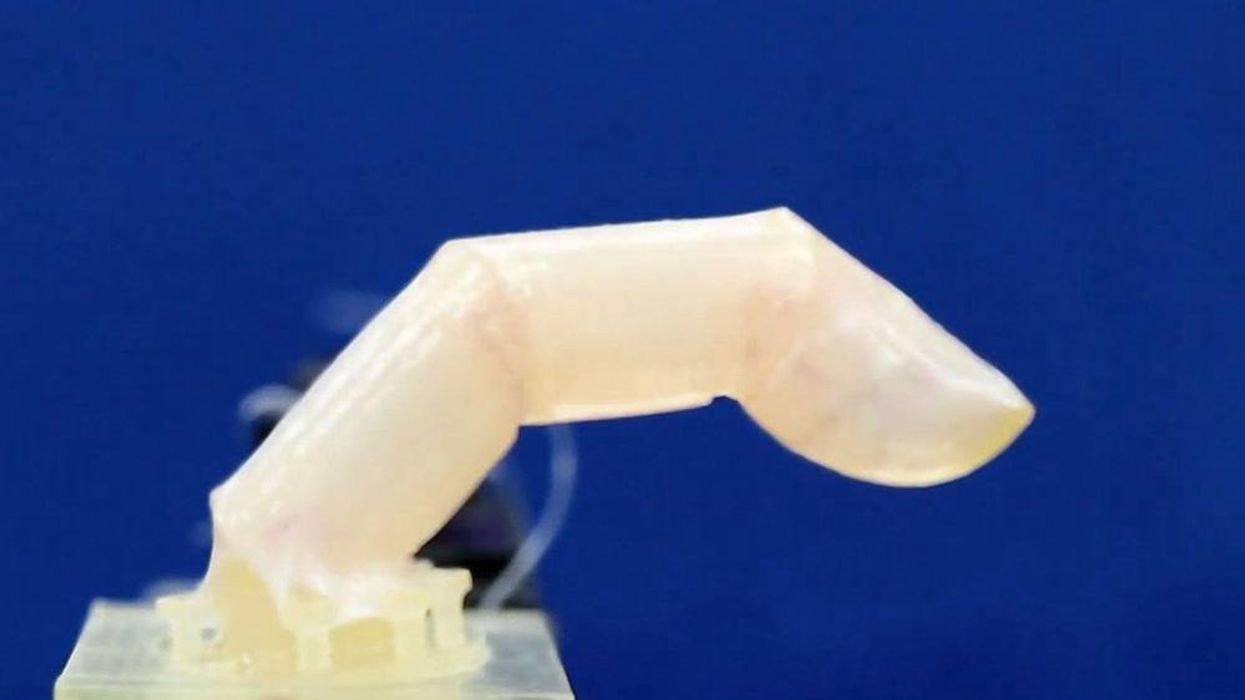Science & Tech
Becca Monaghan
Jun 15, 2022
Scientists develop 'self-healing' human skin for robots
SWNS
An astronomer has claimed aliens are set to be replaced by robots – and humans are next.
Lord Martin Rees of Ludlow is the UK's Astronomer Royal, a member of the House of Lords and a former President of the Royal Society. He explores space, black holes, galaxy formation, the multiverse and prospects for extraterrestrial life.
At the Cheltenham Science Festival, Lord Rees said that incredibly advanced robots have already possibly taken over "flesh and blood" aliens. He suggested that humans will be "superseded" by robots too within the next millennium.
Speaking about future society, he explained: "What will we expect this life to be like? I think if we were to detect anything... it would not be a flesh and blood civilisation like ours. It will be something robotic and electronic."
Sign up to our free Indy100 weekly newsletter
According to the Daily Star, the robots we see today are just the first steps toward a new civilisation of synthetic life. He claimed it will be "near-immortal" and have the capability to outlive humanity.
He said: "It is certainly on the cards that after a few centuries more… 1,000 years… we will have been superseded by electronic entities and they will be near-immortal and could go on for the rest of the universe’s history.."
Lord Rees also hinted at the possibility that aliens have already taken over planets "inhabited by the remote electronic progeny of some long-dead civilisation."
SETI (Search for Extra-Terrestrial Intelligence) expert Seth Shostak said that the first entities interstellar travellers will meet will be AI-based rather than living beings.
"Given that they would be more likely to be machines than living beings anyway, it’d be hard to gauge what they’d be interested in," he said about their motive.
Have your say in our news democracy. Click the upvote icon at the top of the page to help raise this article through the indy100 rankings.
Top 100
The Conversation (0)














